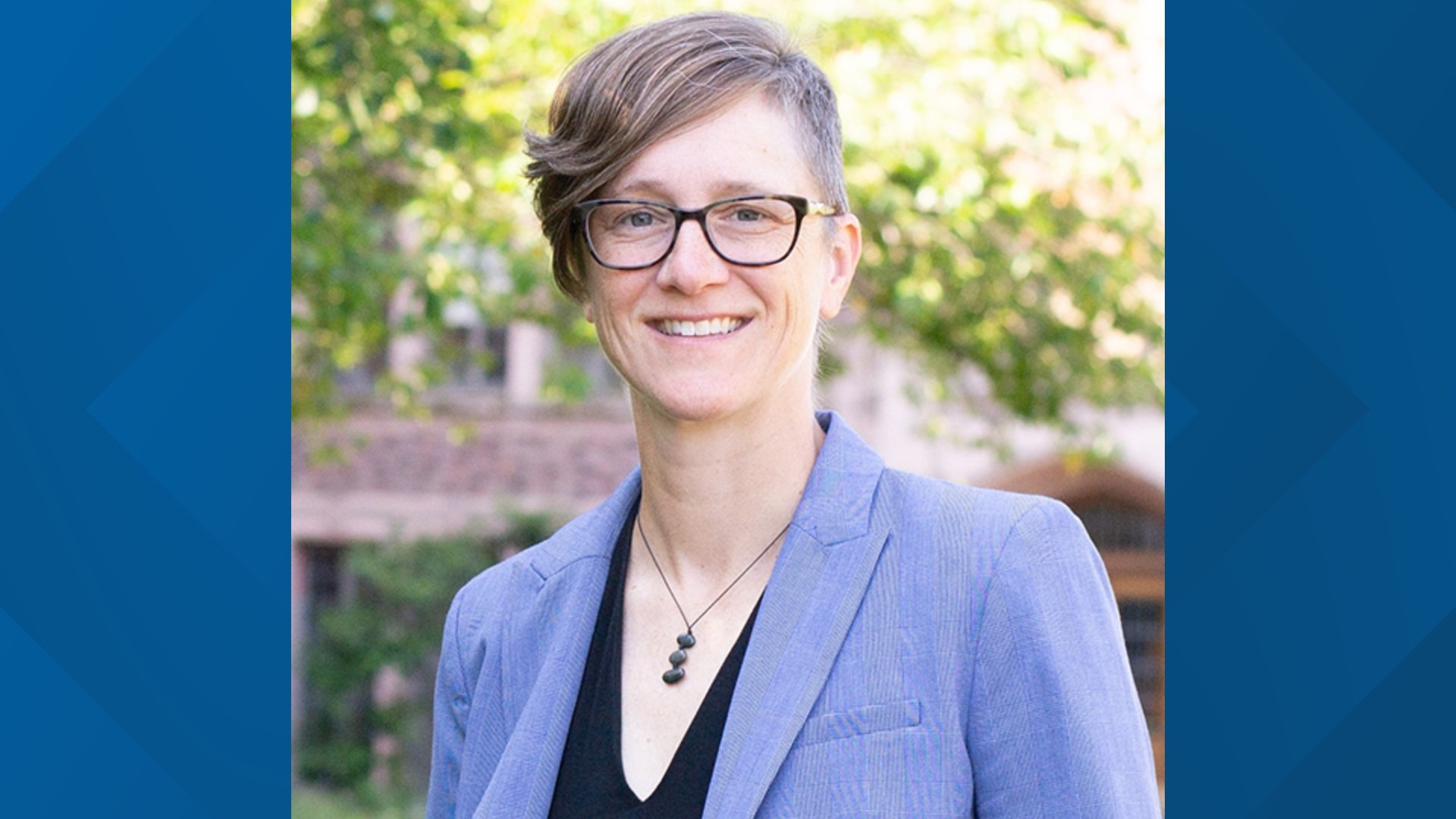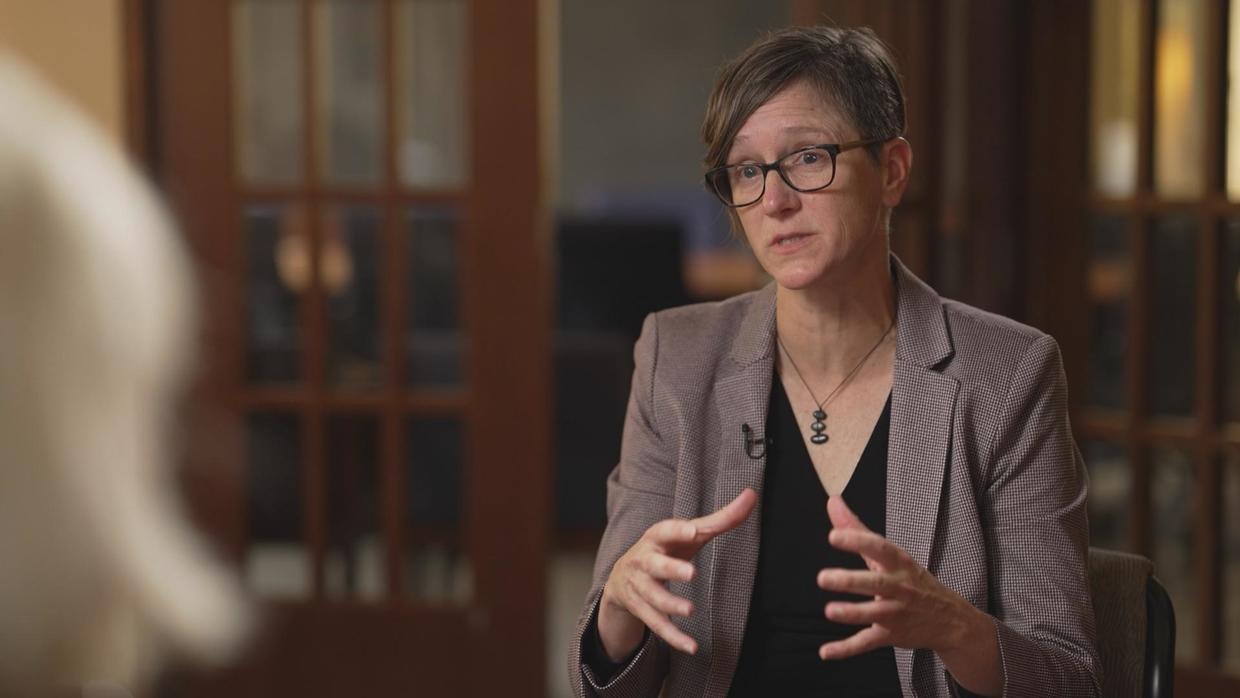The National Press Club Journalism Institute is facing scrutiny over its decision to host University of Washington professor Kate Starbird at an upcoming webinar focused on enhancing news and information literacy.
Starbird, known for her research on misinformation and online disinformation campaigns, has been a controversial figure due to her involvement with the Election Integrity Partnership (EIP).
This group, in collaboration with several U.S. government agencies, played an important role in flagging what it considered misinformation on various social media platforms during the 2020 election cycle.

HCDE Professor Kate Starbird (Credits: King 5 News)
Critics, including Newsmax host Rob Carson, argue that Starbird’s activities undermine the First Amendment and principles of a free press. According to Carson, Starbird’s work represents governmental overreach into determining the veracity of online content, which he believes stifles free speech.
This perspective views her actions as an infringement on the right to express opinions, even if those opinions are widely contested or incorrect. During the 2020 elections, the EIP flagged content, including posts from former President Donald Trump and conservative outlets like Newsmax, alleging that these contained misinformation.
This has led to allegations from GOP lawmakers and commentators that such actions constitute censorship, especially when directed seemingly disproportionately at conservative voices.

University of Washington professor Kate Starbird (Credits: Human Centered Design)
Despite these accusations, the Institute’s Executive Director Beth Francesco has not confirmed whether Starbird will address these concerns directly during the webinar. Meanwhile, Michael Grass, a spokesperson for the University of Washington’s Center for an Informed Public, defended Starbird’s expertise and contributions to discussions on disinformation and public misinformation.
This controversy highlights a broader debate about the balance between combating misinformation and preserving freedom of speech, especially within the context of social media and modern digital communication.
Critics like Mike Howell from the Heritage Foundation have described a “Censorship Industrial Complex,” suggesting a network of governmental and academic entities that impose their interpretations of truth, thereby potentially suppressing dissenting views.
The upcoming webinar at the National Press Club Journalism Institute, set for April 24, thus serves as a focal point for ongoing tensions between efforts to improve public information literacy and concerns about free expression.
It reflects the complex interplay between academia, government action, and freedom of the press in the digital age, raising important questions about the limits and responsibilities of various stakeholders in moderating online content.























